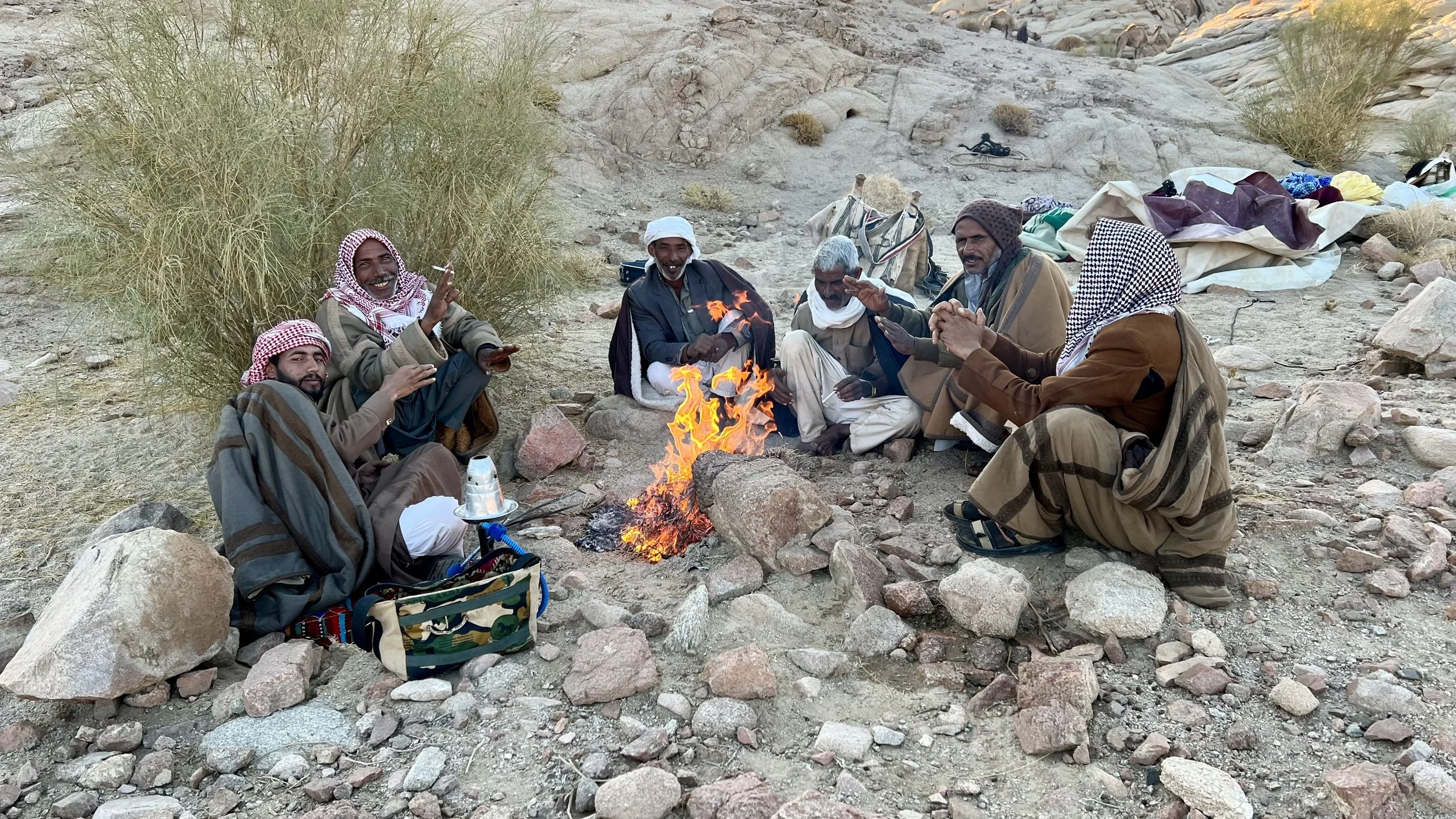
“A journey of a thousand miles starts with the first step”
— African proverb
Consultants
Planning an expedition is potentially one of the greatest challenges you may ever have to face. Operating in remote and potentially hostile locations involves countless variables, many beyond our control, as well as exploring unknown territory, be it cultural, geographical or psychological. Add to this the enhanced duty of care and responsibility over expedition members and the whole task can seem daunting and even overwhelming. Our wealth of experience at MCX will help you learn how to plan and implement an expedition safely and efficiently.

Pre-Planning
During the pre-planning phase, we conduct comprehensive assessments of the expedition requirements, taking into account factors such as location, objectives, client preferences, and safety considerations. Leveraging our global network, we tap into our contacts to gather up-to-date information on local regulations, permits, and resources.
Recce’s
“Time spent on reconnaissance is seldom wasted”
Is a well-known quote that emphasizes the importance of thorough research and planning before undertaking any project or expedition. A proactive approach minimizes the chances of unexpected setbacks and increases the likelihood of a successful outcome.
Risk Mitigation
By following a comprehensive risk mitigation approach, potential dangers and their impacts can be minimised, creating a safer and more successful expedition. We engage all stakeholders in risk discussions to ensure a collaborative approach to risk mitigation.
Dynamic risk assessment and a proactive commitment to the well-being and success of the undertaking and ensures that appropriate measures are in place to handle unexpected situations.
Training
Expedition training is a crucial aspect of preparing individuals or teams for challenging expeditions. It involves providing the necessary knowledge, skills, and physical conditioning to ensure the safety, success, and enjoyment of the participants.
In the field
A clear expedition goal and effective communication is vital for the success of any expedition and the avoidance of mission creep.
Fostering a positive team environment, managing conflicts, and encouraging collaboration among team members contributes to a cohesive and successful expedition. A constant balance of Task - Team - Individual.
Recording
Recording expeditions offers several benefits, including preserving memories, enabling reflection, promoting the expedition to a wider audience, and providing valuable resources for future analysis and planning. Whether through written documentation, visual media, or digital platforms, recording expeditions ensures that the experience lives on beyond the journey itself.
After
De-briefings and next steps


